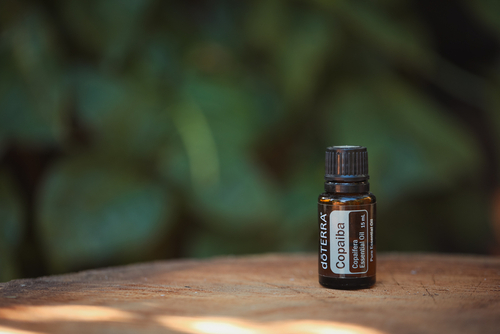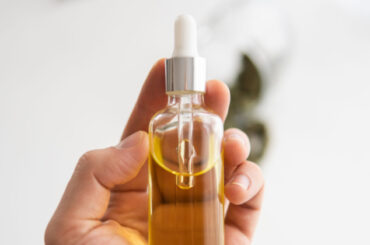The US is seeing a huge rise in demand for natural alternatives to the usual prescription medicines that regular doctors prescribe. For many, cannabidiol is now a go-to for ailments across the board, and it’s considered an effective substitute to many pharmaceutical drugs. It bears noting that research into the supposed health benefits of this compound is still not sufficient to pass an all-encompassing verdict. Despite this, CBD has gained a lot of popularity in the market.
Copaiba essential oil is derived from the copaifera plant, and is an essential oil. CBD, on the other hand, is a compound that’s taken from industrial hemp, after which it gets added to base oil.
Copaiba oil is manufactured from the parent plant’s resin, the latter being a sap which the plant puts out and which sticks to most things upon contact. The oil and the balsam derived from the plant are taken medicinally. The essential oil has an earthy fragrance to it, for which reason it is sometimes used to impart a pleasant smell to cosmetics as well. Copaiba can be found in some pharmaceutical drugs too, such as diuretics and cough medicine.
The Effects Of Copaiba
Copaiba has many beneficial uses and is often seen as a natural solution when it comes to ailments related to inflammation. There are some side effects to the topical form though. Inhaling it has the potential to make the person feel better as well as to ease their stress; also, it’s commonly used in aromatherapy treatments. The consumption of copaiba as an antiseptic is something people have been doing for a long time, and it’s also good for stopping tooth-related issues and gum disease.
The arthritis-related advantages of copaiba have yet to be proven, although research to date has mostly shed a positive light. Up until now, there have only been some studies published about humans using copaiba which cover tests on inflammatory issues, but arthritis isn’t one of them. Without sufficient data and research being available at the moment, it’s impossible to be sure about the veracity of copaiba’s claimed benefits.
What the studies do show, however, is that copaiba can be a good thing for people with chronic pain. There are tangible problems which stem from consuming nonsteroidal anti-inflammatory drugs and such over prolonged periods. One example is NSAIDs, which have been shown to precipitate gut issues, or even probability of a stroke or heart attack.
The Legality Of Consuming Copaiba
It’s legal in the USA to consume copaiba. As such, it is seen as an essential oil, as opposed to an illegal or controlled substance. You can get it from any store that has it without the need for a prescription. It’s also possible to buy it from either a web store or a brick and mortar shop.
The Differences From Cannabidiol Oil
Copaiba essential oil has no drug elements, and is derived from the parent plant’s resin. CBD on the other hand, is made up of hemp extracts which are dispersed in a carrier oil such as grapeseed oil or hemp seed oil. The latter are responsible for “carrying” the intended substance into the system, and hence the name.
Regarding cannabidiol’s legality, there are murkier issues in comparison to the legal mandates copaiba producers and traders have to follow. The main proof of that is the fact that hemp CBD still isn’t legal in some states. The federal government only lets you ship CBD that has 0.3% or less of tetrahydrocannabinol from one state to another; meanwhile, the DEA has set marijuana’s status at ‘Schedule I’. That last bit means the following things.
- There’s a high possibility of abusing the drug.
- It is not accepted as part of any treatment in the country.
- It cannot be used safely even under supervision by a medical professional.
That the DEA would espouse this stance is mostly surprising, because even the WHO thinks “CBD is generally well tolerated with a good safety profile.”
Choosing Between the Two For Treating Diseases
Research-wise, there’s more to go on with regard to the health benefits of CBD, than of copaiba-based oil. The latter shows promise in the treatment of inflammation and arthritis, although there’s more rave reviews about CBD’s ability to accomplish the same goal. There is also evidence suggesting that hemp-derived CBD has anticonvulsant effects, anti-inflammatory properties, and antidepressant-like effects.
Copaiba’s side effects may outnumber those of CBD oil, which only brings minor issues such as tiredness and dry mouth lasting a short while. The main thing to remember is that these effects can be managed.
Copaiba, conversely, can cause skin sensitivity if you take it every day, because essential oils are more concentrated than CBD oil. It may also cause problems in your stomach if you try diluting the former.
Both of these products come with unwanted effects, but are considered safe for most people. Still, it’s best to have a consultation with your doctor first before making any major decisions regarding using one of them. If you’re already undergoing treatment, introducing a new supplement into the mix is something you should discuss with a medical professional beforehand.



